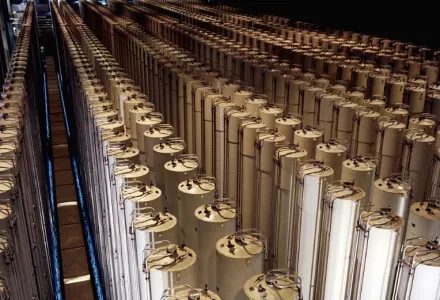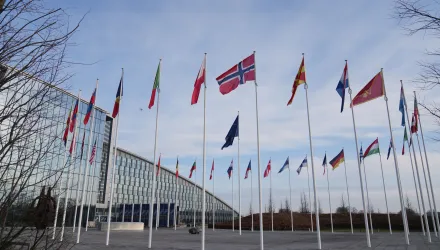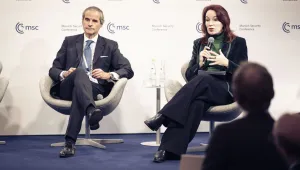Mark Walker is a Ph.D. Candidate in Science, Technology and Environmental Policy at Princeton University’s Woodrow Wilson School of Public and International Affairs. His dissertation research focuses on the development and implementation of international safeguards approaches for verifying the peaceful use of gas centrifuge enrichment technology. This work draws upon both a rigorous technical analysis of centrifuge technology and modern safeguards capabilities, as well as an understanding of the complex policy environment amidst the international nuclear safeguards system. The policy component of his dissertation is based on extensive archival research, studying initial efforts to craft safeguards approaches for gas centrifuge enrichment plants.
During his Ph.D. studies, he took part in a 10-month internship at the International Atomic Energy Agency (IAEA) Department of Safeguards, Division of Concepts & Planning. There, he was involved with the management of Member State Support Programme (MSSP) assistance to programs across the Department. He also spent time in summer 2014 as an intern at the U.S. Senate Committee on Foreign Relations, where he performed research on nuclear security and nonproliferation issues.
Prior to arriving at Princeton, he gained experience as an undergraduate student at Oak Ridge National Laboratory, working on applications of active neutron interrogation techniques for arms control verification. He is a 2011 recipient of the Barry M. Goldwater Scholarship, and earned his bachelor’s degree in nuclear engineering from the University of Tennessee, Knoxville in 2012.




